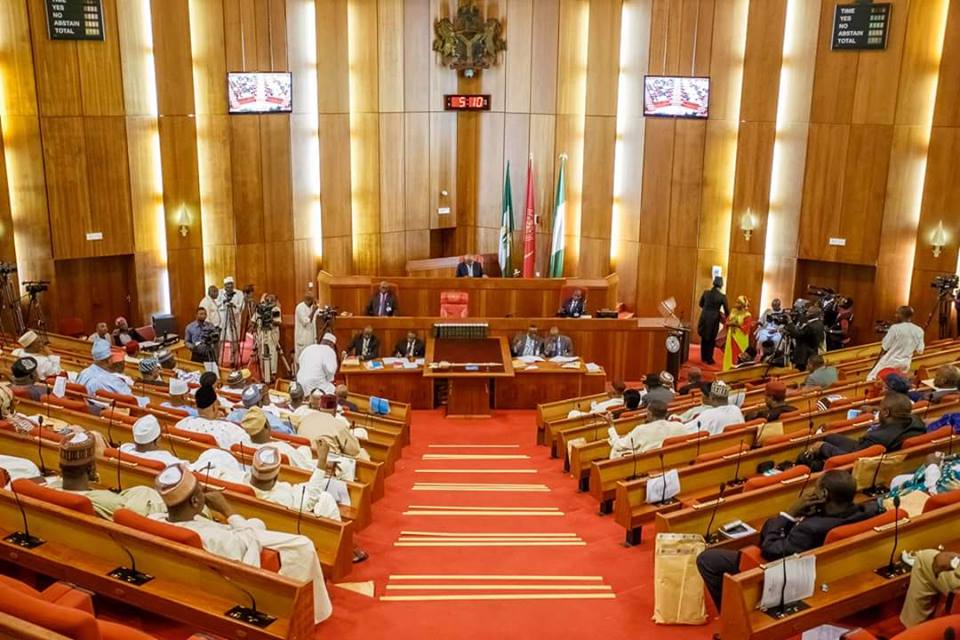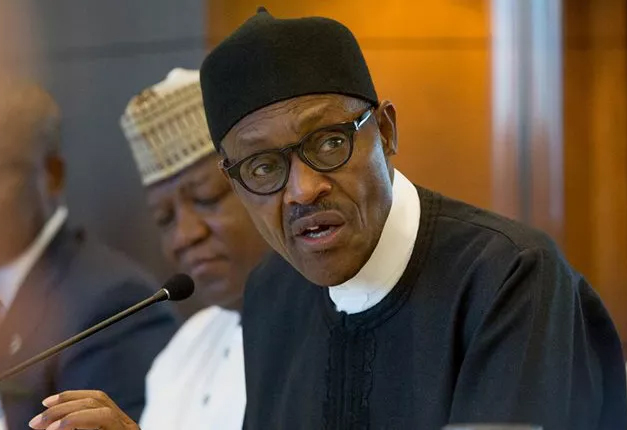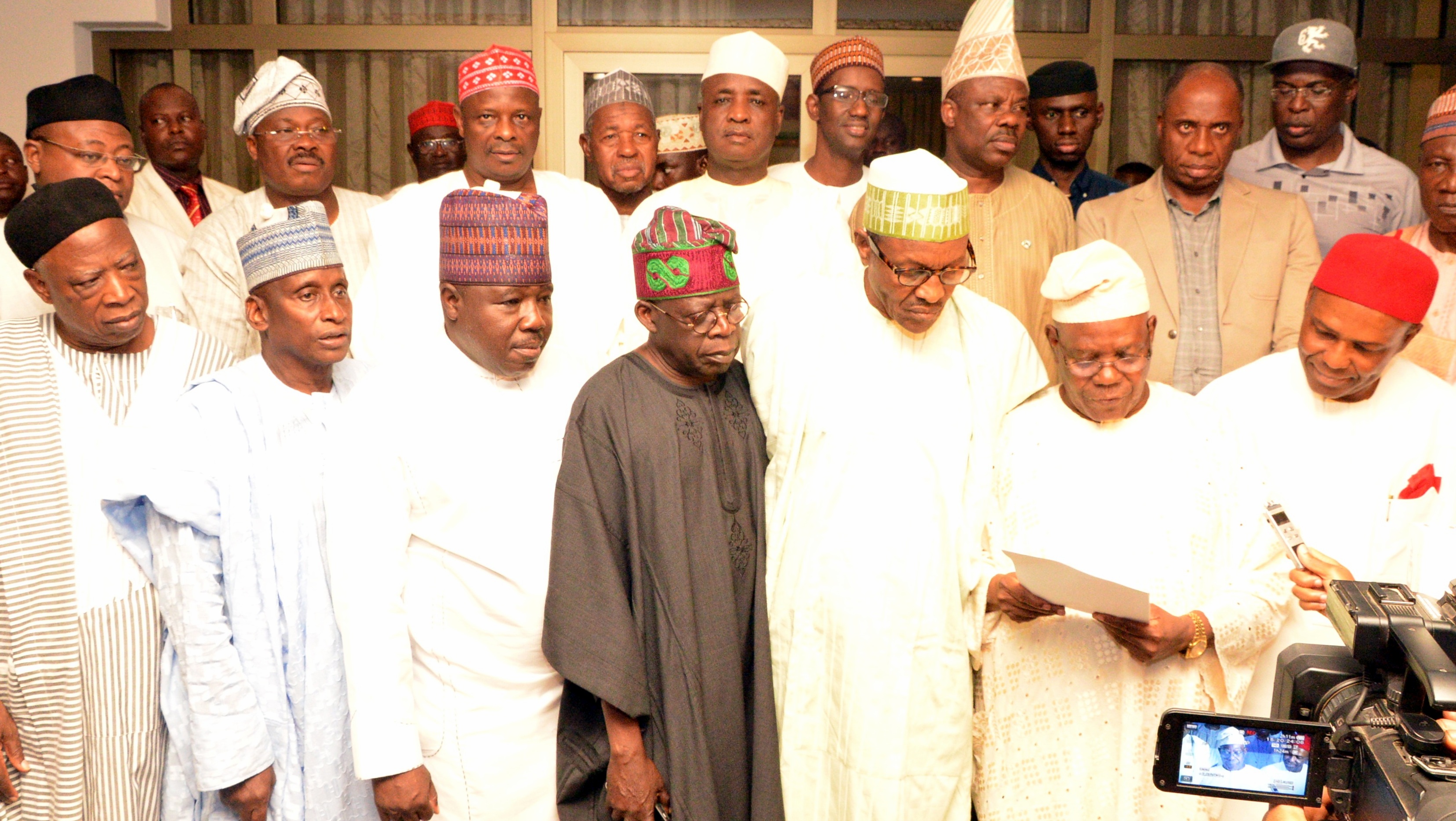By ABU QUASSIM
Penultimate Monday, while receiving a delegation of the International board of the Extractive Industry Transparency Initiative (EITI) and the Nigeria Extractive Industry Transparency Initiative (NEITI), Yakubu Dogara, Speaker of the House of Representatives, articulated what many had suspected to be the position of both chambers of the eighth National Assembly on the controversial Petroleum Industry Bill (PIB).
Dogara said the National Assembly was becoming weary of waiting on the executive to initiate action on getting the PIB to become a law with the aim to reform the industry and make it serve the country better. In an exasperated mood, he said “We (National Assembly) have repeatedly called on the Executive to present reform proposals in the petroleum sector. However, we may not continue to wait for an Executive Bill on this subject matter as we are prepared to introduce the National Assembly version, what we believe should be the legal framework for the oil and gas sector in Nigeria”.
The Speaker’s statement amplified earlier statements made by Senate President, Abubakar Bukola Saraki on some other occasions. Saraki, shortly after he was sworn in last June while receiving some operators in the oil industry, had promised that the PIB would be passed into law in the first year of the present National Assembly. Again, he had told several delegations that the PIB is a priority of the Eight Senate and that the Senators will work with their counterparts in the House to make it happen. Last Thursday, he still repeated the same promise to the delegation from the Lagos Chamber of Commerce and Industry led by Mrs. Onikepo Akande, former Minister of Industry.
However, Speaker Dogara’s statement deserves commendation. He came out clear, lucid, unambiguous and bold while giving an impression that the National Assembly will not only co-operate with the Executive on key policy issues but will be leading the executive in areas where the latter is vacillating. At a time when many believe the House of Representatives, nay the National Assembly as a whole, has been too slow in addressing critical issues, Dogara’s speech raises hope. It is the kind of statement expected from the legislative leaders at this point in time. This is because it shows the legislators are thinking, ready to solve lingering problems and take tough decisions.
Advertisement
The PIB, one may recall, is one legislative proposal which had waited for long within the National Assembly complex. It was first introduced in the early days of the 7th Assembly and despite the great potentials it has for making the critical oil industry more open, transparent and efficient for the benefit of Nigerians, it became mired in controversy, politics and corruption. Different interests were seeking to influence the legislature for different reasons, some of them less than noble and patriotic. At the end of the day, different versions emerged. Eventually, the bill could not be passed and the nation was denied the advantages of the expected reforms and changes which will make the industry comply with global best practices.
It is at this point that the tenure of the seventh Assembly terminated last June. That is why the fact that the Eighth National Assembly picked up the pieces of the very useful bill and try to enact a new law which will take care of the identified problems inherent in the last bill excites many Nigerians.
Also, the aspect of Dogara’s statement that I found very interesting and fresh is the fact that just like Saraki has said on so many occasions, there is obvious co-operation, good understanding and smooth relationship between the two chambers of the National Assembly. The federal legislature appears to be working as one progressive entity. More importantly, the PIB is one item on which both sides are ready to demonstrate their readiness to quickly address an issue which affects the revenue earning capacity of the country and therefore central to the survival of the economy.
With the signal coming on how both chambers of the National Assembly hope to quickly legislate a radical reform of the oil sector, it means similar critical issues like the passage of the annual budget, constitution amendment, political reforms, comprehensive legal reform, using the law to re-engineer the economy and institute social reforms will be expedited and achieved based on a consensus among the different arms of the federal legislature.
This actually is a departure from the past when the Senate and House of Representatives were behaving as rivals and issue of which one is senior to the other became a defining point of their relationship. In the present dispensation, both the Senate President who is the chairman of the National Assembly and the Speaker of the House alongside the other members of the leadership in both chambers relate like partners in progress. One even heard that they hold regular meetings to discuss issues of common interests.
Advertisement
With this type of relationship, it becomes easy for the National Assembly to support President Muhammadu Buhari and his administration in the areas of economic recovery, anti-corruption crusade, security and youth employment.
One should at this point note that the new partnership in the National Assembly will be more positive, useful and effective when it is one that works for Nigeria. It should be one that should be utilized to serve the people and cater for the interests of the generality of the people.
Views expressed by contributors are strictly personal and not of TheCable.
Add a comment






